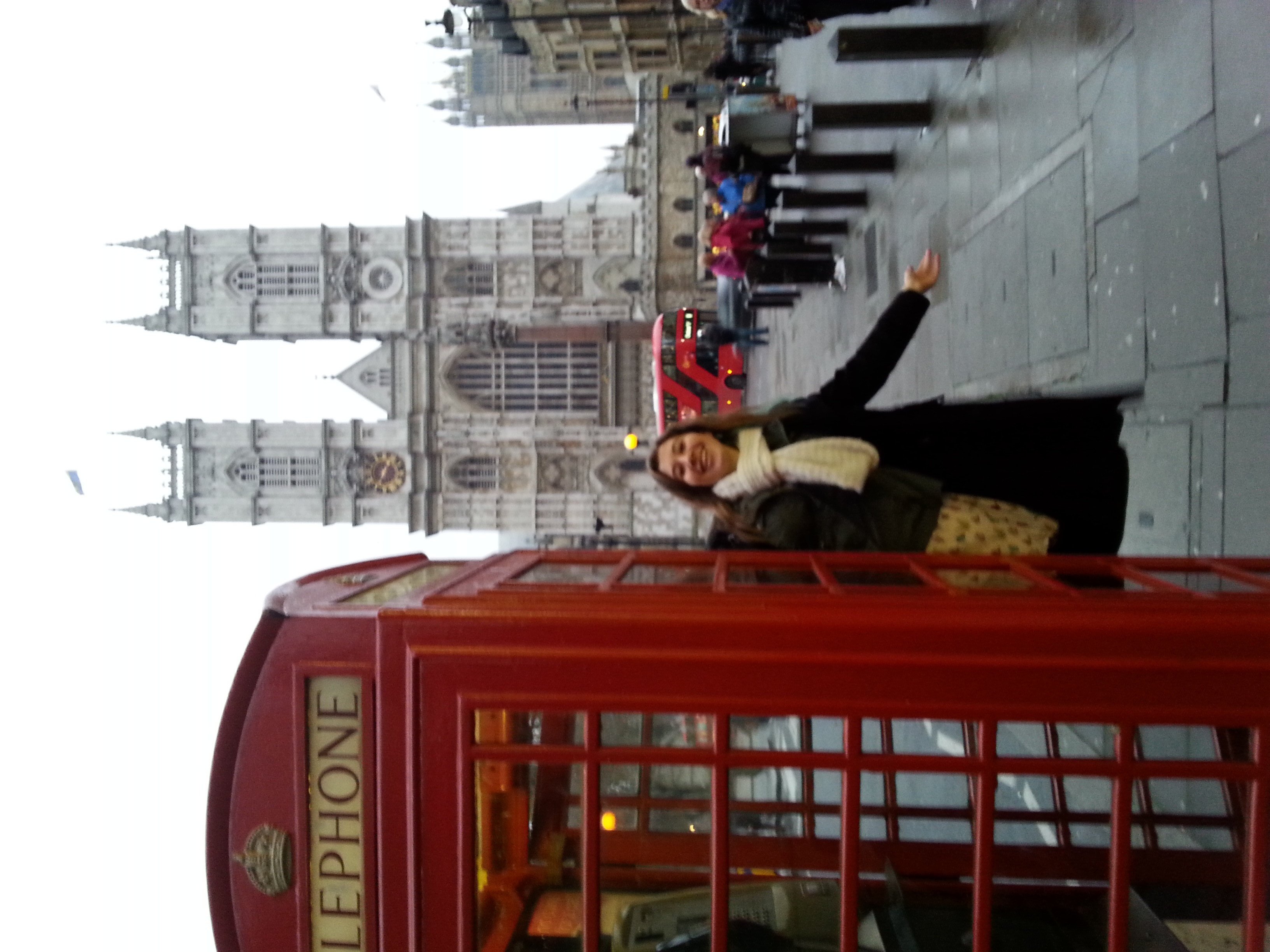
Infants With Authority
Hello, ladies and gentlemen. I would like to draw attention to the fact that I only fell asleep once during this reading. For that momentous achievement, I would like to thank my Keurig which diligently worked to keep me conscious. So without further ado, thank you, dearest Keurig. I would not have made it this far in academia without you. I look forward to many more academic battles with you by my side.
All hyperbole aside, this reading was actually not the worst I’ve ever encountered. Parts of it were actually quite thought provoking and intriguing. I just want to hash out a few thoughts I had and figure out if I’m on the right track.
First, Batholomae claims that “teaching students to revise for readers…will better prepare them to write initially with a reader in mind. [This] depends upon the degree to which a writer can imagine and conform to a reader’s goals(8-9).” He goes on to say that students are aware of academic language, but do not have the expertise to use it properly. In my experience, the best way to become comfortable with academic language is to read it. I can mimic an academic tone because I have read many, many “scholarly sources.” Mimicking academic language is like when you watch too much BBC and start thinking/talking with a British accent or when you read a book written in a certain dialect and then start thinking with that slang (I really hope I’m not the only one who does this). Shaughnessy calls it “the melody of formal English (19).” In order for students to learn how to “control” the language of scholars, they have to get the melody stuck in their head. They have to immerse themselves in it, see how professionals use it, and then begin imitating that style. It won’t happen overnight. I mean, I’ve looked at the research papers (if you can call them that) which I wrote during my freshman and sophomore years and I cringe at my forced attempts to sound scholarly. I looked like an impostor. I was an impostor. Sometimes I still feel like an impostor.
Secondly, I (possibly) agree with Bartholomae that students must be given a voice and made to feel that they have authority. Still, shouldn’t we consider where that authority comes from? Is it a title or feeling that can be bestowed upon an individual by a professor like a knight being dubbed by a queen? Or is it something that originates from a more intrinsic source? In other words, are authority and knowledge directly related? As knowledge grows, doesn’t authority on that knowledge rise with it? You can’t just walk up to a 2 year old American and bestow upon him or her the privilege to speak authoritatively on Pakistani politics if they know nothing about Pakistan or politics or talking. The authority to speak on those issues is connected to an individual’s knowledge and relationship to those issues. Similarly, I don’t think a student would feel comfortable writing authoritatively, using academic phrasing and terminology if that student does not have the knowledge of how that style of language works. This goes back to my first point: that students should be immersed in academic languages, so that they can understand its use, potential, and discover ways to make it their own.
Anyways, I sort of feel like a hypocrite in that I tried to write authoritatively about Bartholomae’s (I love that name) essay, when I’m not sure that I have the knowledge to do so. I understand his perspective, but it’s going to take a bit more convincing for me to buy into it.
